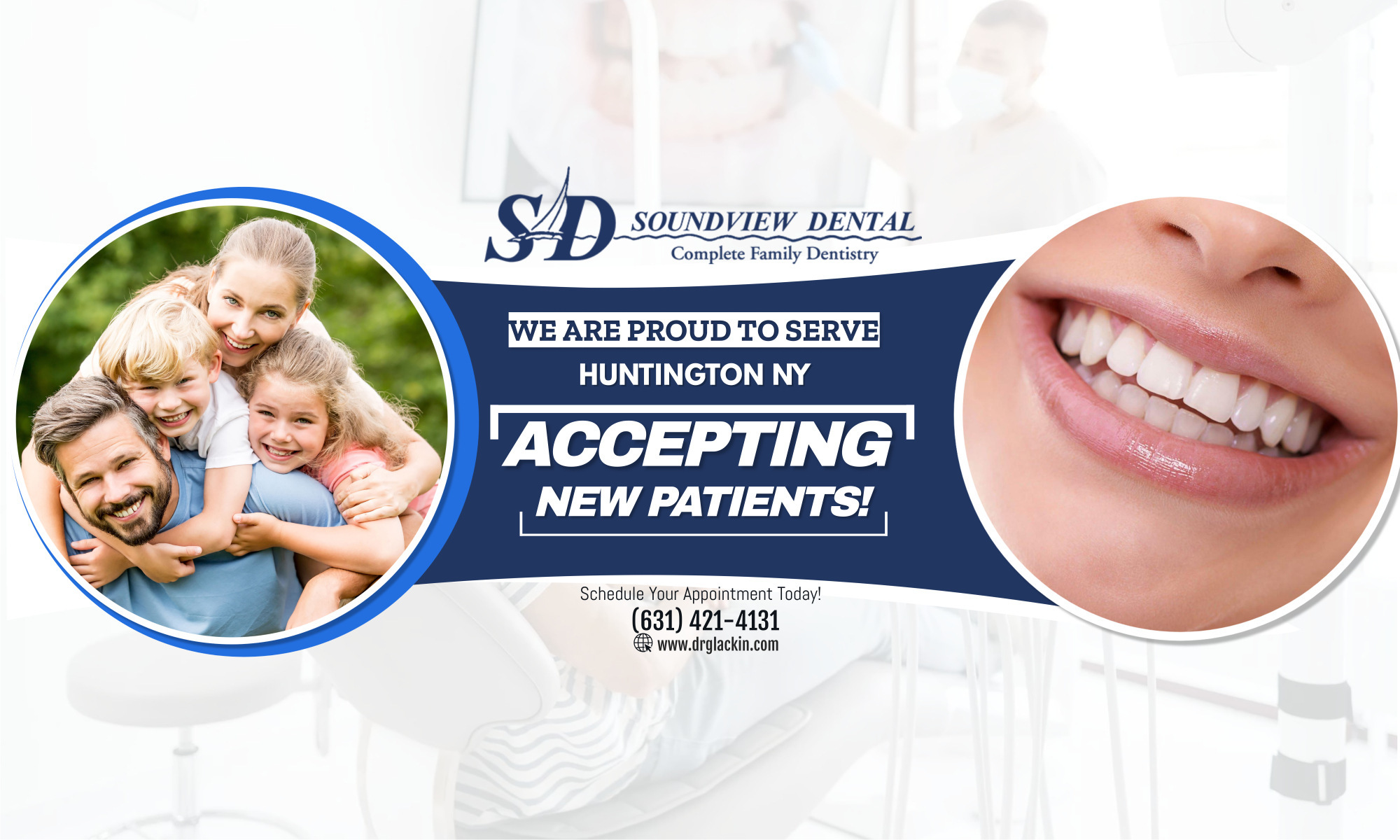If you have removable plastic dentures, it’s important to look after them carefully.
You should brush them each day to remove food deposits and plaque. This also helps prevent them from becoming permanently stained.
It’s best to use a brush that is designed for cleaning dentures as it has bristles arranged to fit the shape of the denture. But a regular, soft-bristled toothbrush is also acceptable.
Avoid using a brush with hard bristles as these can damage the denture.
When you are handling a denture, hold them carefully. Try standing over a folded towel or a sink of water with them in case you accidentally drop them.
It’s advisable to use a denture cleanser which has the American Dental Association seal of acceptance. However hand soap or mild dishwashing liquid are also acceptable for cleaning dentures.
Other types of household cleaners and many toothpastes are too abrasive and should not be used for cleaning dentures.
A denture can lose its proper shape if it is not kept moist. So it should be placed in soaking solution or water at night � though one with metal attachments could be tarnished if placed in soaking solution.
As you age, your mouth naturally changes, which can affect the fit of the denture so, if they no longer fit properly, they should be adjusted by your dentist.
See your dentist promptly if your denture becomes loose as this can cause sores or infections.
Don’t try to adjust or repair your denture yourself as this can damage the appliance beyond repair.
When you wear a partial denture, you need to continue brushing twice a day and cleaning between your teeth daily. This will help prevent tooth decay and gum disease.
Pay special attention to cleaning the teeth that fit under the denture’s metal clasps. Plaque that becomes trapped under the clasps will increase the risk of tooth decay.
Your dentist or dental hygienist can demonstrate how to properly brush and clean between teeth.
Regular dental check-ups and having your teeth professionally cleaned are vital for maintaining a healthy smile.
